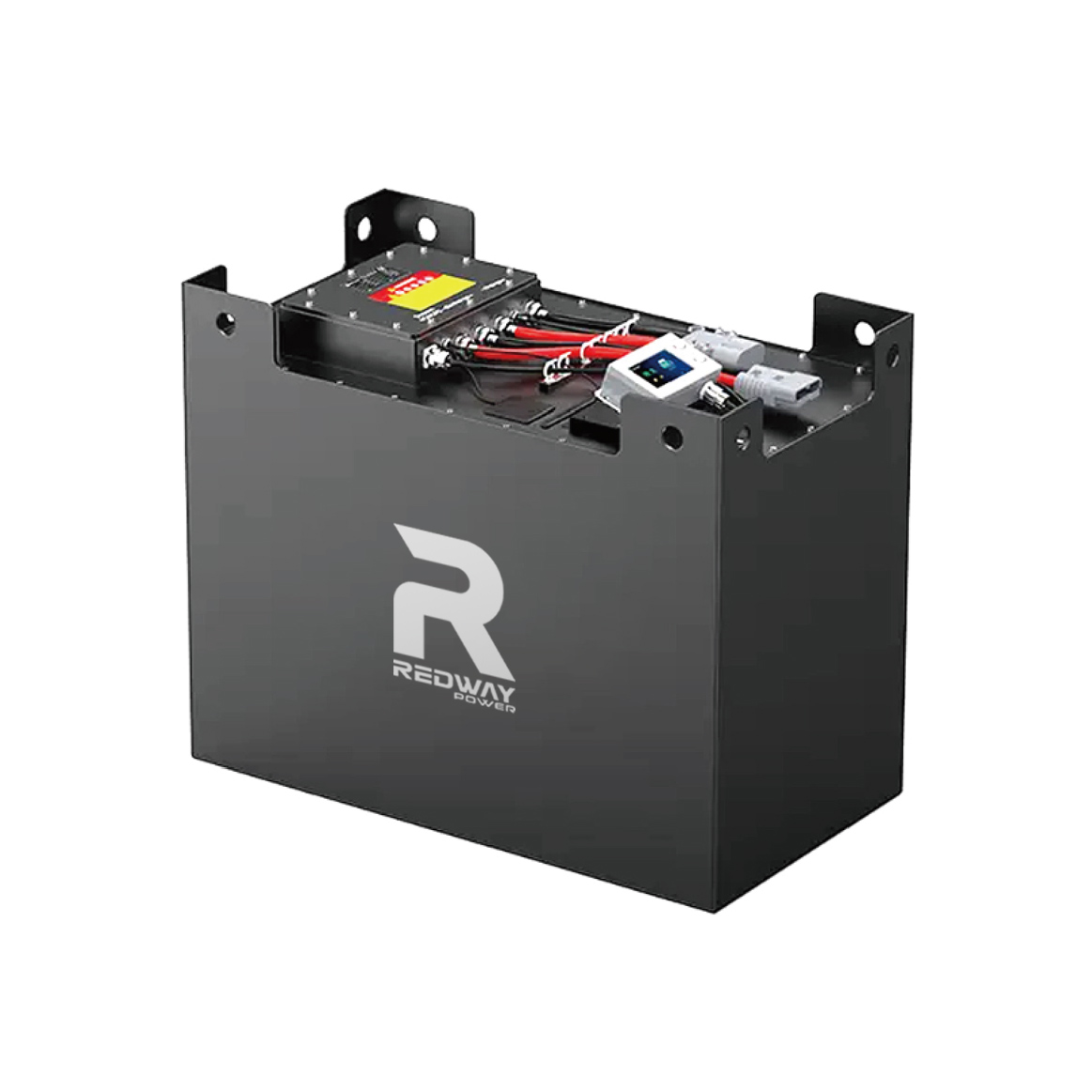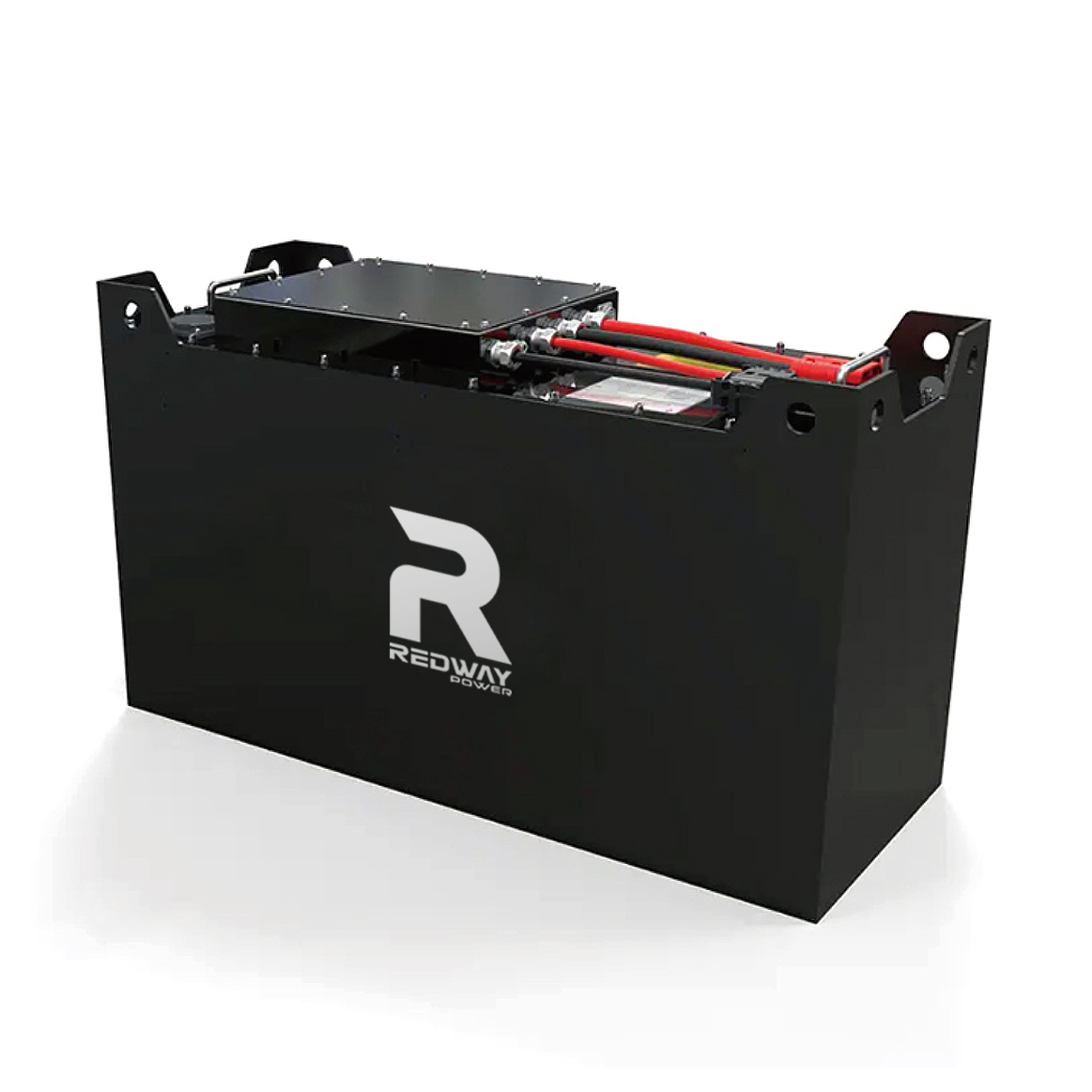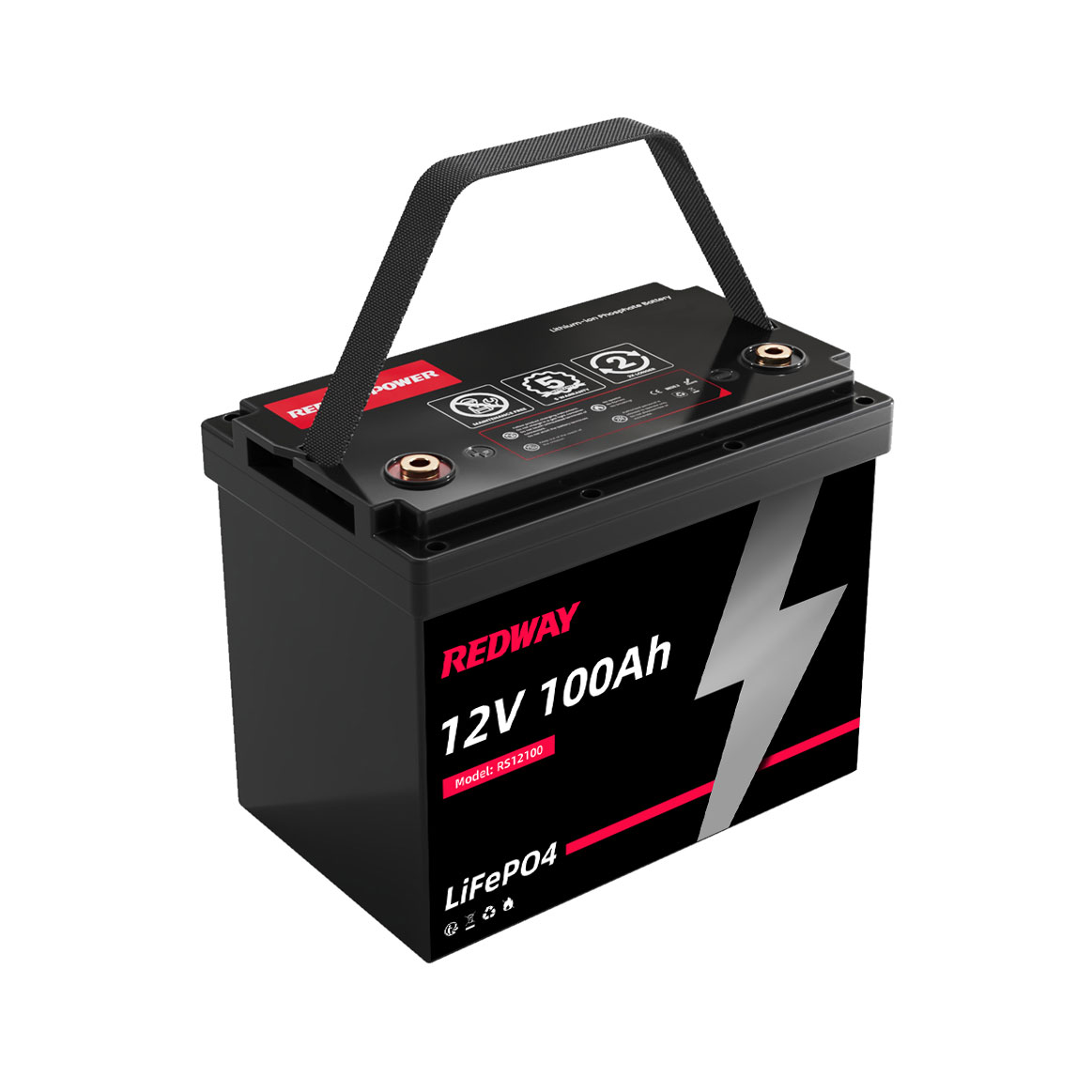Deep Cycle LiFePO4 Batteries Manufacturer
We are a Lithium Battery OEM Factory
Redway is the world’s leading manufacturer of 12V~72V deep cycle lithium ion batteries. We provide a wide variety of lithium ion batteries for your application needs. Redway has the right lithium ion battery for all applications, whether you need a 12V 100Ah lithium-ion battery, a 24V 150Ah deep cycle lithium-ion battery, a 48V 100Ah Golf Carts lithium-ion battery or 72V 50Ah lithium-ion battery.
With the aid of our skilled battery specialists, you can effectively choose the optimal Redway lithium-ion battery design for your specific application, utilizing the most suitable manufacturing process available.
What is a LiFePO4 battery?
What are the advantages of LiFePO4 batteries compared to other batteries?
Are Lithium Batteries Safe?
How do I get the longest battery life out of my LiFePO4 battery?
How should I store my battery?
How does a LiFePO4 battery work?
Why does the battery stop working a few seconds after a high current draw?
Are the batteries waterproof?
Can you shut off or change the BMS board?
Will lithium batteries catch fire or blow up? I heard they are unsafe and a fire hazard.
Will the cost of Lithium batteries become cheaper?
Can Redway Lithium batteries be fully discharged and then disposed of in the regular garbage?
Are LiFePO4 batteries environmentally friendly?
Can I use my lithium batteries in cold weather?
Redway Hot-selling OEM Batteries in 2025
Blog
Why Buy From Roanoke Valley VA Batteries?
Roanoke Valley VA battery providers deliver locally optimized power solutions for automotive, solar, and industrial needs. Specializing in AGM, lithium-ion, and deep-cycle batteries, they offer
Why Use Batteries Of Texas Cross Timbers TX?
Batteries of Texas Cross Timbers TX specializes in durable, climate-adapted energy storage for residential, commercial, and agricultural needs. Their heat-resistant lithium-ion and deep-cycle lead-acid batteries
Why Buy From Interstate Batteries Of Boise ID?
Interstate Batteries of Boise ID offers locally trusted battery solutions with same-day installation, 24/7 emergency services, and a 30-month replacement warranty. Their expertise spans automotive,











